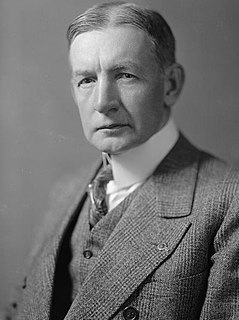A Quote by Edith Wharton
Related Quotes
There is a big misunderstanding about the idea of naturalness. Most people who come to us believing in some freedom or naturalness, but their understanding is what we call [heretical naturalness] ... a kind of "let-alone policy" or sloppiness... For a plant or stone to be natural is no problem. But for us there is some problem, indeed a big problem. To be natural is something we must work on.
A good taste in art feels the presence or the absence of merit; a just taste discriminates the degree--the poco piu and the poco meno. A good taste rejects faults; a just taste selects excellences. A good taste is often unconscious; a just taste is always conscious. A good taste may be lowered or spoilt; a just taste can only go on refining more and more.




































